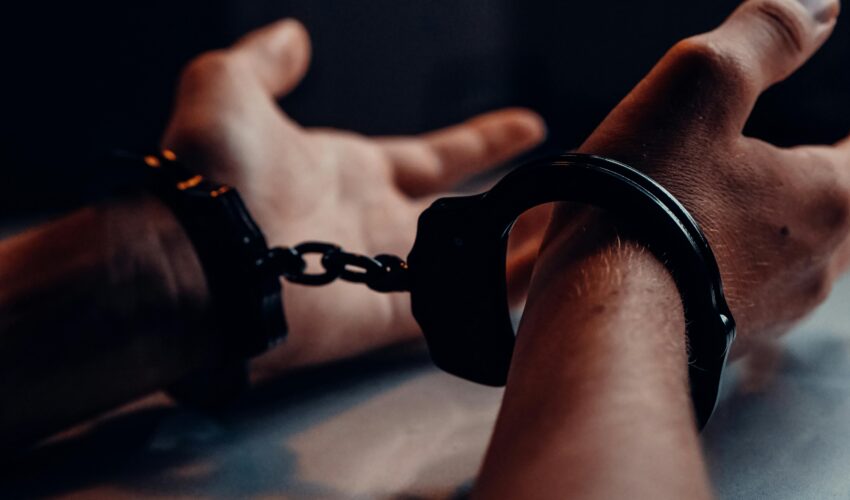I get a lot of calls about clients who have had their parole suspended. Sometimes these are clients I assisted with getting parole in the first place, but most often they are new clients who have run into trouble. Almost always the first I hear about the situation they’re back in jail already. You see that’s the danger with parole – by default the client is supposed to still be in jail and being out on parole is essentially a privilege that can be lost at any time. That starts with parole being suspended, hence the name. Then the client is heading towards a post-suspension hearing before the Parole Board, at which point the Board can release them again, potentially, or may revoke parole and leave them in jail. How long they stay in jail depends on the remaining length of their sentence.
Provincial parole in Ontario (granted by the Ontario Parole Board) and federal parole (granted by the Parole Board of Canada) are governed by different laws, regulations, and procedures. So it’s a bit difficult to write about all possible scenarios together. In general, there are forgivable problems on parole and situations that can be recovered from – such as failing to follow a rule or condition without other drastic consequences – and there are problems you likely can’t recover from – such as being arrested again with new charges. For various reasons, federal parole and the Parole Board of Canada tends to be much more forgiving when it comes to minor errors and failures. But either way, the question of whether someone can get back out on parole is secondary to the more essential goal of not ending up back in jail to begin with.
Most stories I hear about why a client got suspended on parole start with some explanation of how the system hasn’t been fair. Either the supervising parole officer wasn’t being reasonable, or the conditions of parole weren’t fair to begin with, or no one would listen to the client’s explanations about how X and Y happened, and so on. I don’t mean to dismiss these issues or to suggest it’s never true that these things happen. But I know that’s not what gets my clients back out of jail. I am very often successful at post-suspension hearings but it’s virtually impossible to succeed based on convincing the Parole Board that my client’s only real problem is that the authorities aren’t treating him very well. The issue being, no matter what else is going on the only thing a client can ever control is himself. Whatever a client’s difficulties with the system may be, the system isn’t going to change. If the Board believes the client is going to fix the problem that landed him back in jail, we may well get him another chance. If not, the Board won’t blink before leaving the guy in jail to finish his sentence. So if the client himself is the only variable he can control, that’s where the change has got to happen.
I know it can be hard advice to swallow, especially for people who don’t trust the system, don’t trust people in positions of authority, and who simply don’t like being told what to do. That’s a normal human reaction and one that I often share. But for better or for worse, parole isn’t a negotiation exactly because you have zero leverage. It isn’t a situation where it’s better to get forgiveness than permission because the alternative to getting permission is getting sent right back to jail. Everyone on parole is on a short leash and they’re meant to be. No one is even going to pretend their job is to make your life easy and if anything it’s the opposite. People get convicted of crimes and get sent to jail exactly because they’ve failed at following the rules in some way. Parole is explicitly a test to see if they can follow the rules better now. And that’s just what it is.



